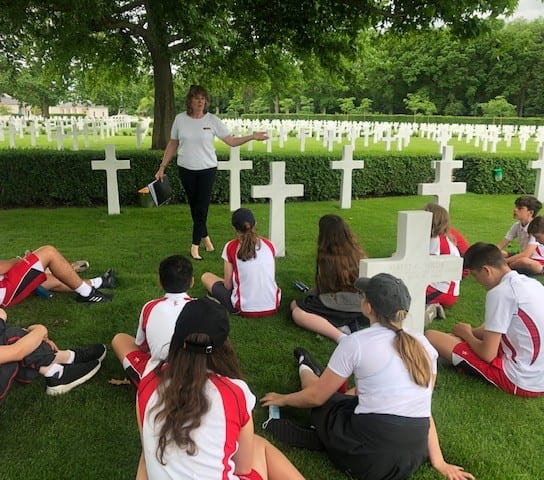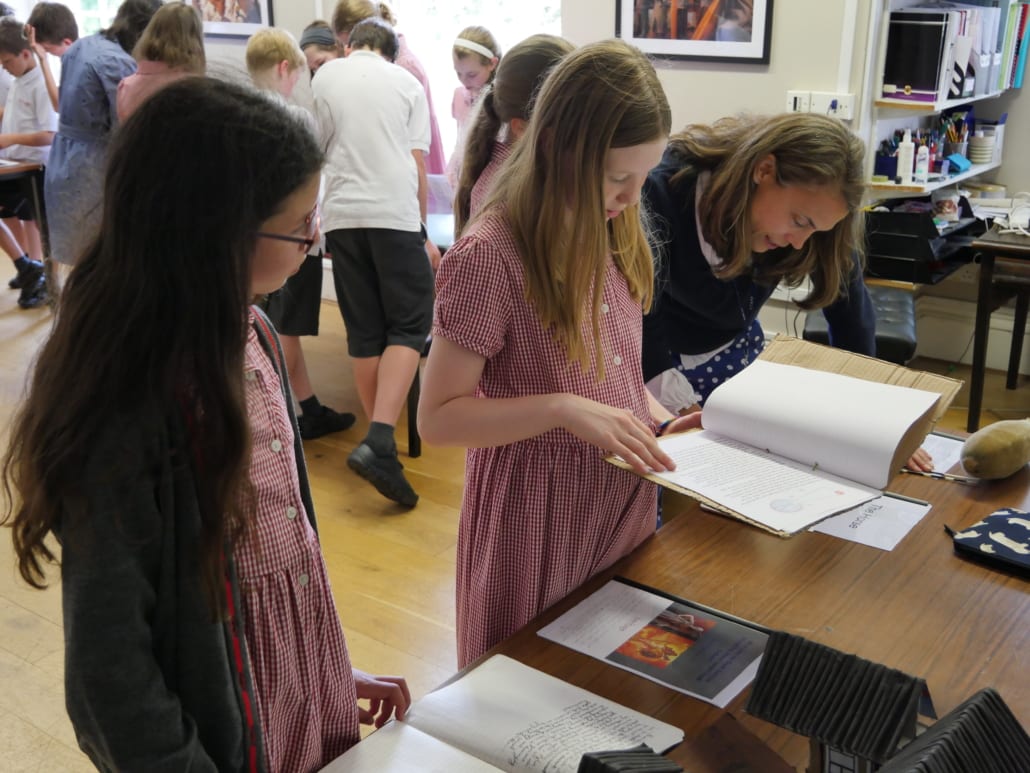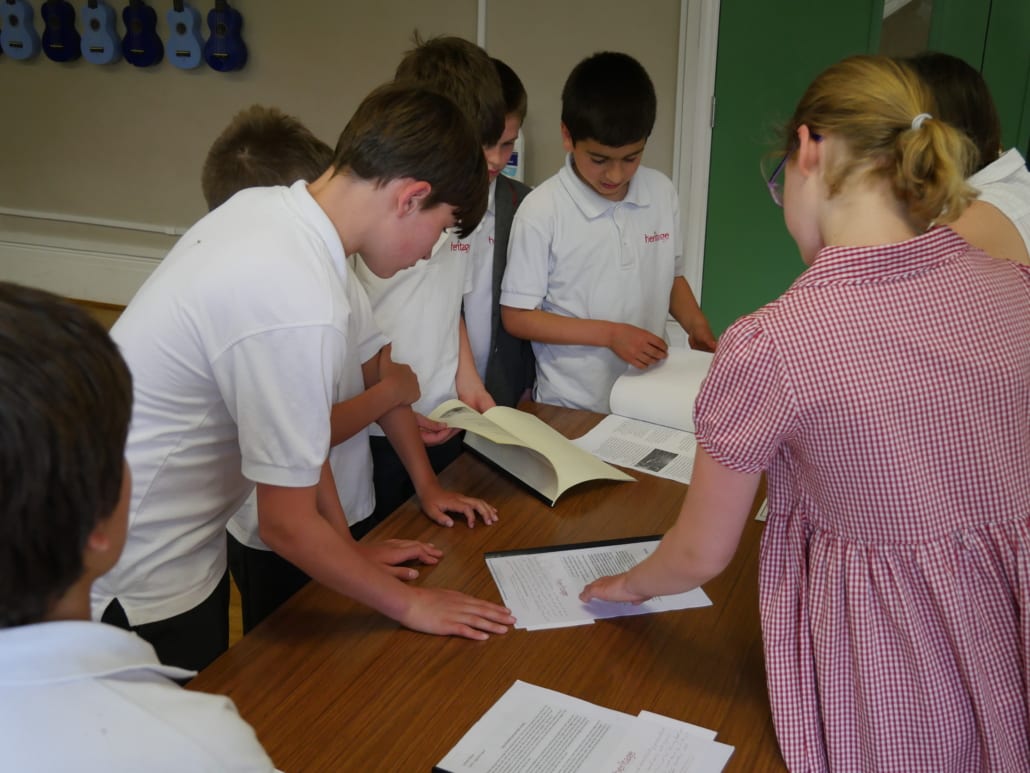Heritage Parents Get Training on Anxiety and Change for Young People
Last Tuesday, 30 Heritage families joined a training session on ‘Supporting Young People with Anxiety and Change’ hosted by NESSie, a charity whose mission is to improve the mental and emotional health of children and young people. The organisation was established in 2015 in response to an overwhelming need for emotional support in schools. They offer Art, Drama, Play and music therapy as well as counselling, parent support and family therapy.
NESSie’s Founder and CEO Rachel Lambie and Lead Trainer Viv Ofstedahl led parents through a course that aimed to help them better understand anxiety and how Covid has affected it, to explore ways of supporting a child with anxiety, and to expand their understanding of why our children struggle.
During the session, parents heard about signs of mental distress and the things that might cause it, particularly after lockdown. The presenters emphasised the importance of reassuring young people that anxiety is normal, it’s no one’s fault and can’t be resolved overnight. To empower children, parents and other supporters can educate them about what is happening in their brains when they feel anxious (known as psycho-education), and help them to build resilience by setting goals and gently encouraging risk taking.
The evening ended with some helpful tools and strategies to help young people deal with and talk through their fears. Parents then had the opportunity to ask questions, and a helpful reference document was provided after the talk.
Thank you very much to Rachel and Viv for an informative and valuable session.
Please note that NESSie relies on donations to run this programme. If you would like to make a donation, please go to the event page and click the ‘Donate’ button. For more information or counselling support contact sblackford@nessieined.com.
For more information:













